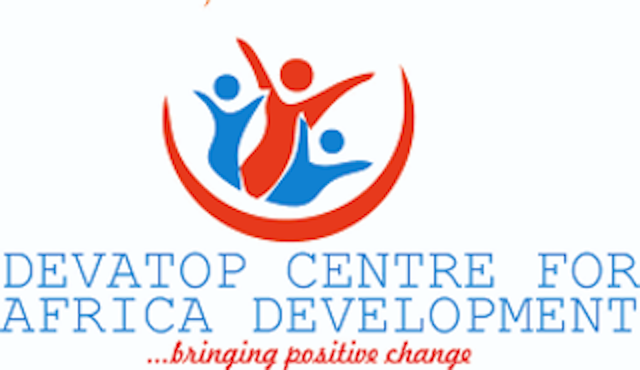The Devatop Centre for Africa Development has called on Nigerians to reject the domestic servitude of children, stressing that they must be valued as learners, not labourers.
According to a statement, the group made this appeal during a press conference, noting that exploitative child domestic work was on the rise and had become a pressing human rights concern.
Executive Director of Devatop, Joseph Osuigwe, said children in domestic servitude endure long hours, isolation, poor or no pay, and denial of education. He added that girls were especially at risk of sexual abuse and stigmatisation.
Osuigwe said, “Exploitative child domestic work is one of the worst forms of child labour as classified by the International Labour Organisation. While some children in these situations may receive food or small wages, most suffer psychological distress and are stripped of their dignity.”
He explained that with support from the Freedom Fund and community partners, Devatop had been working to combat the menace through prevention, protection, community action, and policy advocacy.
Osuigwe revealed that the group has trained over 65 community influencers who have sensitised more than 2,500 people and deployed the TALKAM Human Rights App and hotlines to report abuse. He disclosed that the organisation had helped re-enrol seven children in school and placed five in vocational training centres.
Osuigwe added, “Over 110 vulnerable children have found a safe space in Child Rights Forums, while 38 of them attend monthly mentorship clinics where they are learning to defend their rights and building confidence. We have also resolved nine of 12 reported abuse cases through referrals and collaboration with law enforcement agencies.”
He urged government agencies to strengthen laws and enforcement measures, communities to end the normalisation of child servitude, and the media to spotlight hidden abuses in private homes.
“Children are not adults, tractors, machines, or commodities for trade. They are treasures and should be treated as such, whether they are with parents or guardians. They deserve love, learning, and protection,” he said.















